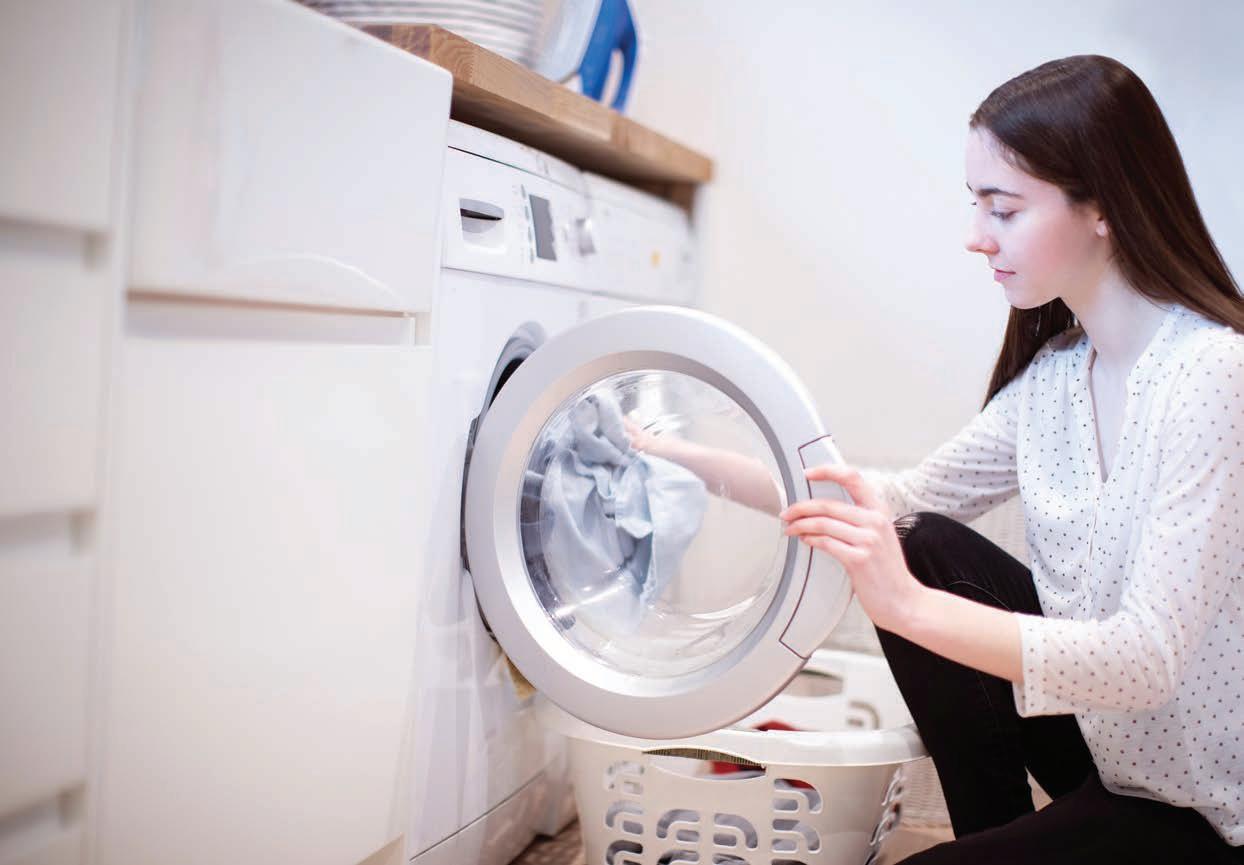
3 minute read
Helping kids manage their feelings
BY ADRIENNE GARSIDE
At some time or another, we’ve all witnessed a child – preferably someone else’s child – having a meltdown in public. These scenes tend to unfold in a similar way. Several onlookers stare at the hapless caregiver with contempt, silently letting them know they are indeed The Worst Parent in the Entire World. Two older women exchange knowing glances and perhaps reminisce together about the days when such an outburst could be easily managed with a good, old-fashioned smack. The caregiver, red-faced with shame, makes a hasty retreat with screaming child in tow.
In such moments, it is easy to forget that learning to regulate our feelings is a challenging process. Many adults have not mastered it. Recent scientific research has revealed that human brains are not fully developed until around age 25. There are also a range of external factors that impact a young person’s ability to manage their feelings successfully, some of which are within a parent or caregiver’s control.
Be an emotional role model Along with genetics and temperament, environment significantly affects a child’s ability to handle shifting emotions. Children take cues from the adults around them about the appropriate response to events. If you respond to being cut off in traffic by unleashing a torrent of foulmouthed abuse, don’t be surprised if your child responds similarly when things don’t go their way. This is not to suggest strong feelings of sadness or anger should be hidden away or avoided. But if you lose control of your emotions, apologise and calm yourself so your child sees you are not at the mercy of your impulses. There are many ways to help your child moderate their emotional responses, including: Acknowledging your child’s perspective and emotions – outbursts usually stem from feeling dismissed or ignored Applying a problem-solving approach – help your child identify what has upset them and discuss options to find the best response Showing empathy with your words and gestures – remember that anger and sadness can be overwhelming, but they are a normal part of our emotional lives Incorporating meditation or stretching exercises into your daily routine Maintaining regular routines around eating, sleeping and screen time Taking up a shared physical activity such as walking or cycling to help reduce stress.
Encourage good thinking habits National mental health organisation Beyond Blue suggests there are four factors that help children develop healthy thinking habits. Parents and caregivers can offer support in the following ways: Positive self-talk – Give regular verbal encouragement and celebrate achievements. Speak up to counter your child’s negative talk about themselves. Reflect on the way you think and talk about yourself – tame your own inner critic.
Self-compassion – Accepting mistakes as an unavoidable part of life is a marker of emotional maturity. Remind your child that the people they admire most have all endured setbacks on the pathway to success.
Optimism – Encourage your child to approach situations hoping for a positive outcome. Ground them with realistic expectations rather than wishful thinking. Support them in talking through their own solutions when things don’t work out as planned.
A positive attitude – Wherever possible, teach your child to focus their attention on the things and people that uplift them. Recognise your child’s unique qualities and talents and give them ample opportunities to shine.
When to get help As in most aspects of child mental health, there are times when extra support is needed. The inability to manage emotions in an age-appropriate way can have a broad range of causes, including diagnosable conditions, learning difficulties and food sensitivities. Seeking help from educators and health professionals can reduce the likelihood of more complex problems later in life.
Adrienne Garside works for Iris Foundation, a charity that aims to reduce the risk of suicide on the Central Coast. The Foundation achieves this by facilitating and supporting awareness campaigns, programs and partnerships which enhance community connectedness and well-being. For more information, please visit: www.irisfoundation.org.au.
(T&C)

Trust thelocal experts
• locally made where possible local business (not part of any multi-national) competitive price with no hype local parts and servicing no pr essure free in home quote express 1 week custom made blinds available.

PHONE 4324 8800
















